
Workout in Focus: Alternations 6x800m
With the South African road running season in full swing in the lead up to both Two Oceans and Comrades we thought we would kick off with a workout that could fit in with your half or full marathon preparation.
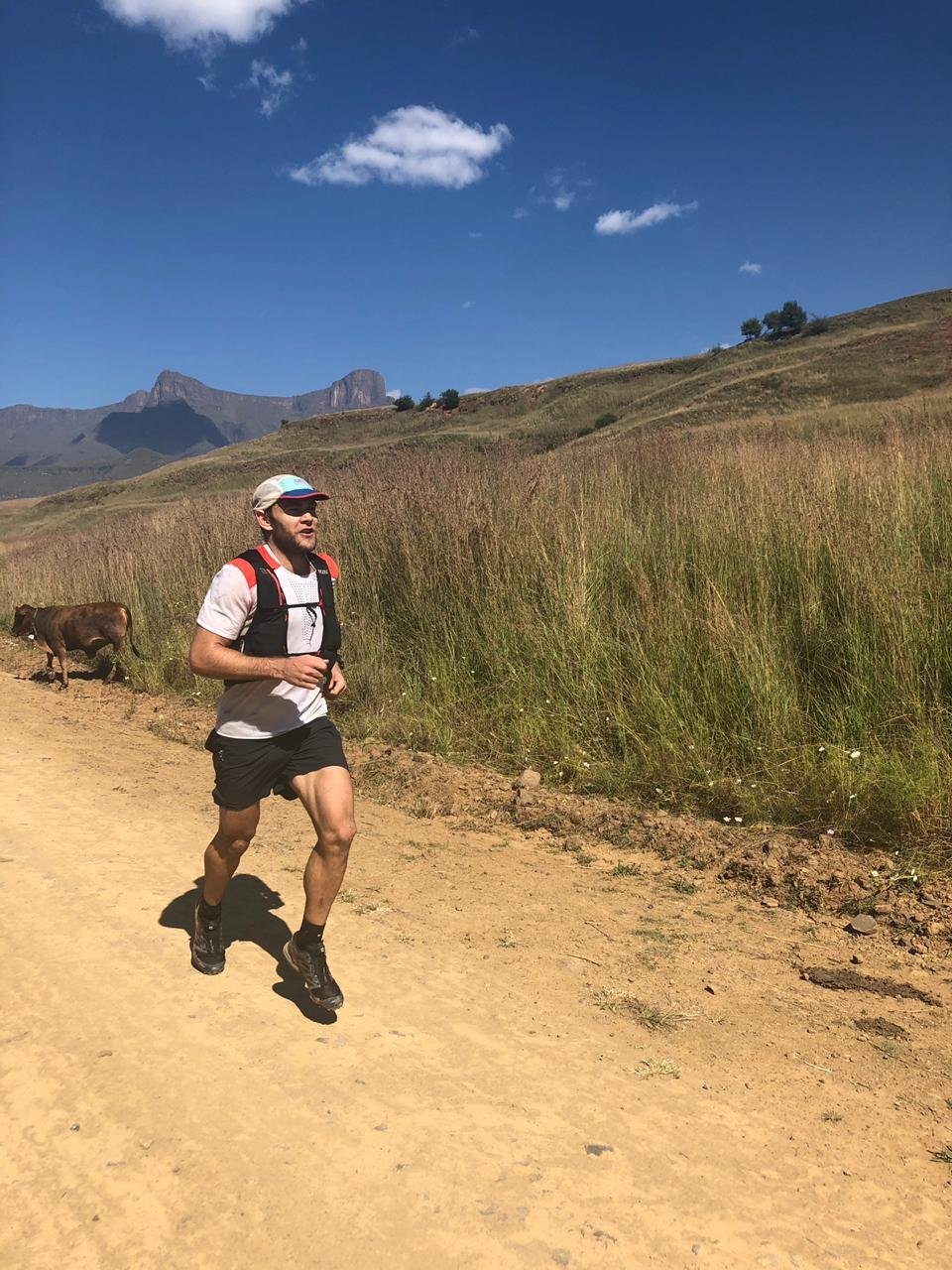
The Art of Self-sabotage
All too frequently we line up at the start of a race only to hear those around us creating excuses before the gun has even gone off.

Running Efficiency
We often here the term running economy or efficiency, but what does this actually mean and how can we improve it?

Consistency and capacity
We often talk about consistency and capacity as coaches. What does this mean for you as athletes?

Not all workouts are created equal
While it is common to find athletes spending too much time running easy runs too hard and hard runs not hard enough. It is at least as common to find athletes that understand the need for easy runs to be easy but then hard runs are always really hard.
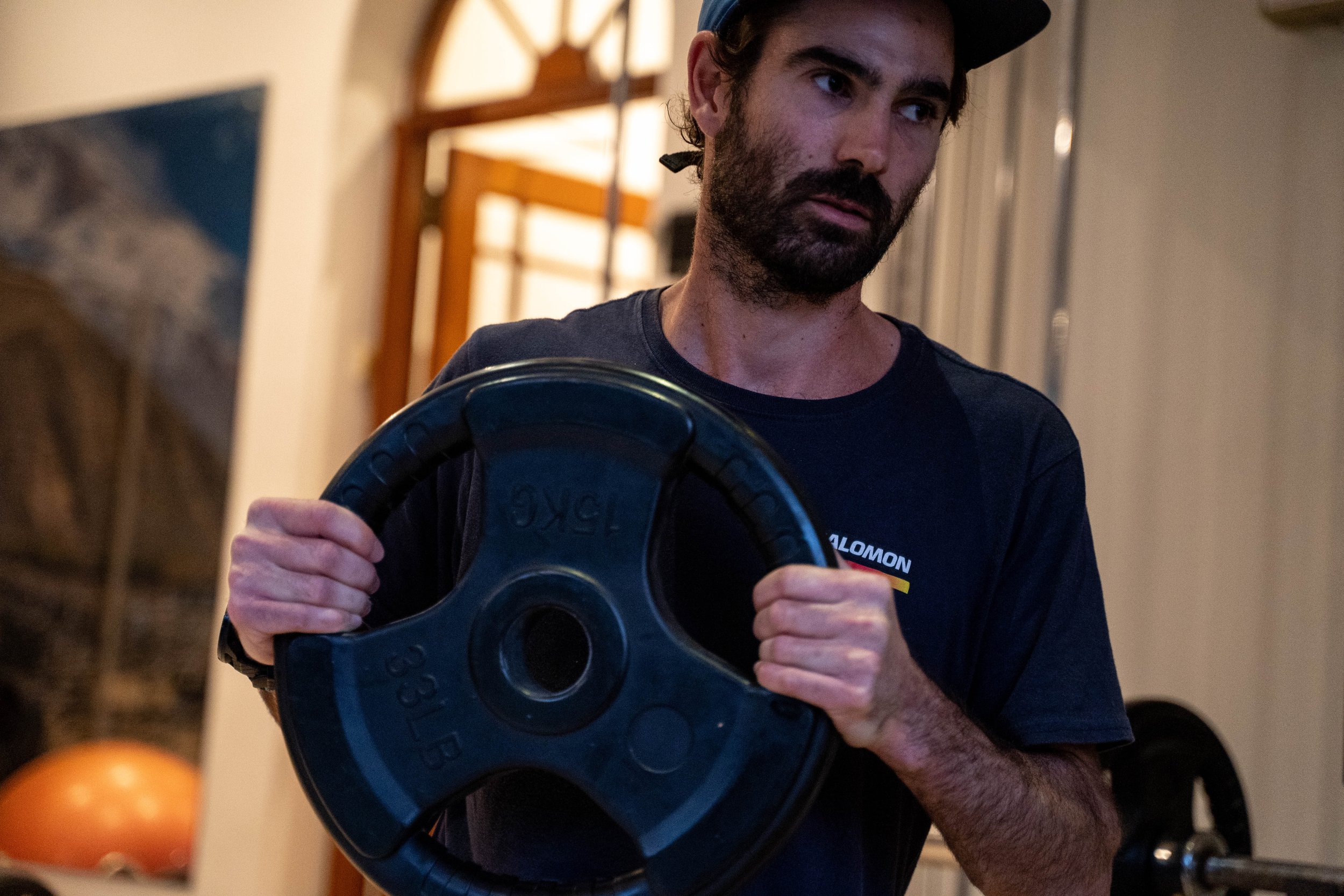
Running injuries: A biopsychosocial approach to empower athletes
“Fragilista: Someone who causes fragility because of his naïve rationalism. Also usually lacks sense of humor. Often fragilistas fragilize by depriving variability-loving systems of variability and error-loving systems of errors.” - N Taleb

Building the toolbox
"Thus I urge you to go onto your greatness if you believe it is in you. Think deeply and separate what you wish from what you are prepared to do." - Percy Cerruty
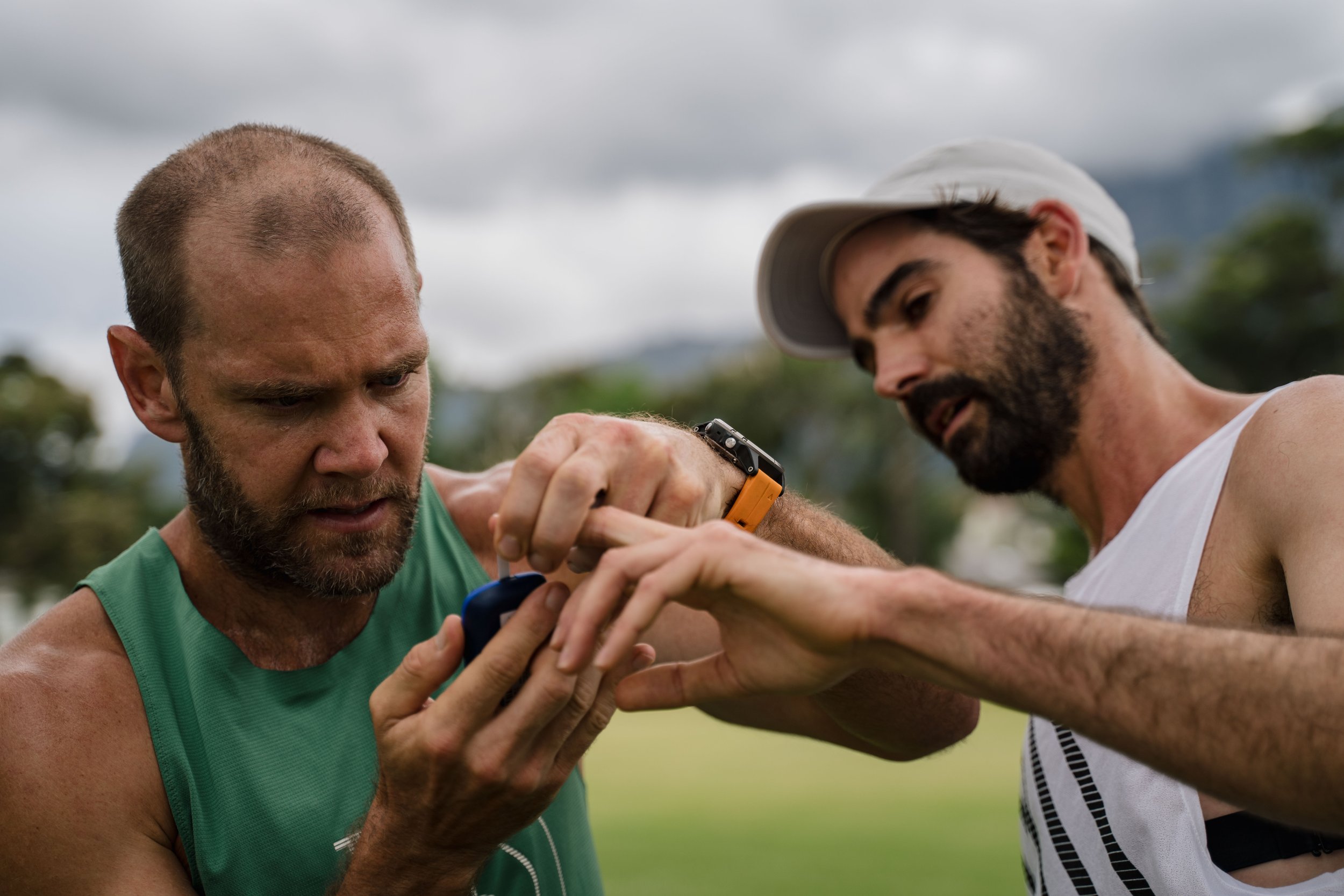
Under-Trained and Over-Prepared
While geeking out over running videos on YouTube, I came across a team of elite runners in the US called the Tinman Elite. They were talking about the concept of being undertrained and over-prepared.

Sprint training for endurance athletes
For most endurance athletes sprinting is what they last did playing wing for the fighting fifths in high school. The closest thing they get to it now is that annual corporate ‘friendly’ game of touch rugby or field hockey.

The lost art of Fartlek
Building on the concept of the intuitive runner is the topic of Fartlek or speed play. Fartlek sessions are one of our favourite tools in assisting athletes in becoming more intuitive with their running.

The HR monitor and the journey to become an intuitive runner
As coaches we are often asked why it’s important to use a heart rate monitor when they join the Run Project. For athletes of all abilities this can be quite a scary prospect. We typically try to break down our rationale depending on the athletes running background.
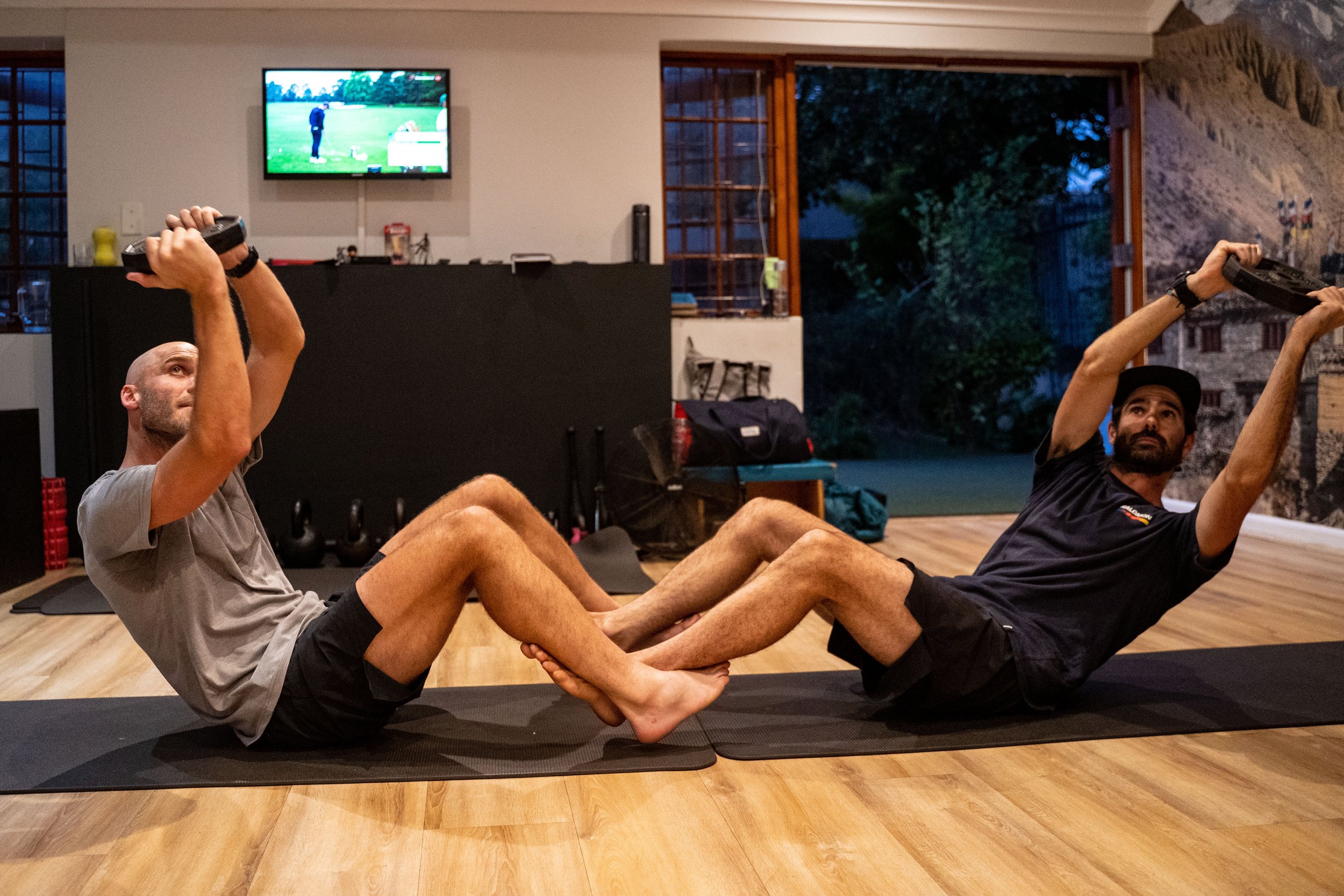
A daily movement practice: a step towards anti-fragility
‘Anti-fragility is beyond resilience or robustness. The resilient resists shocks and stays the same; the antifragile gets better.’

The Importance of a coach during the off-season
Many athletes struggle with the off-season. Getting the balance right between recovery and keeping some level of fitness and conditioning is tough for anyone. The reality is that, like all things in coaching, there is no one size fits all approach.

Charlie Francis
"Ben was the youngest kid in our club, and at first he couldn't beat anybody. But he refused to be discouraged, and showed up every day. His status began to change after Dave McKnight gave him a pair of used spikes. Once liberated from those high-top anchors, Ben became a different runner." - Charlie Francis, Speed Trap
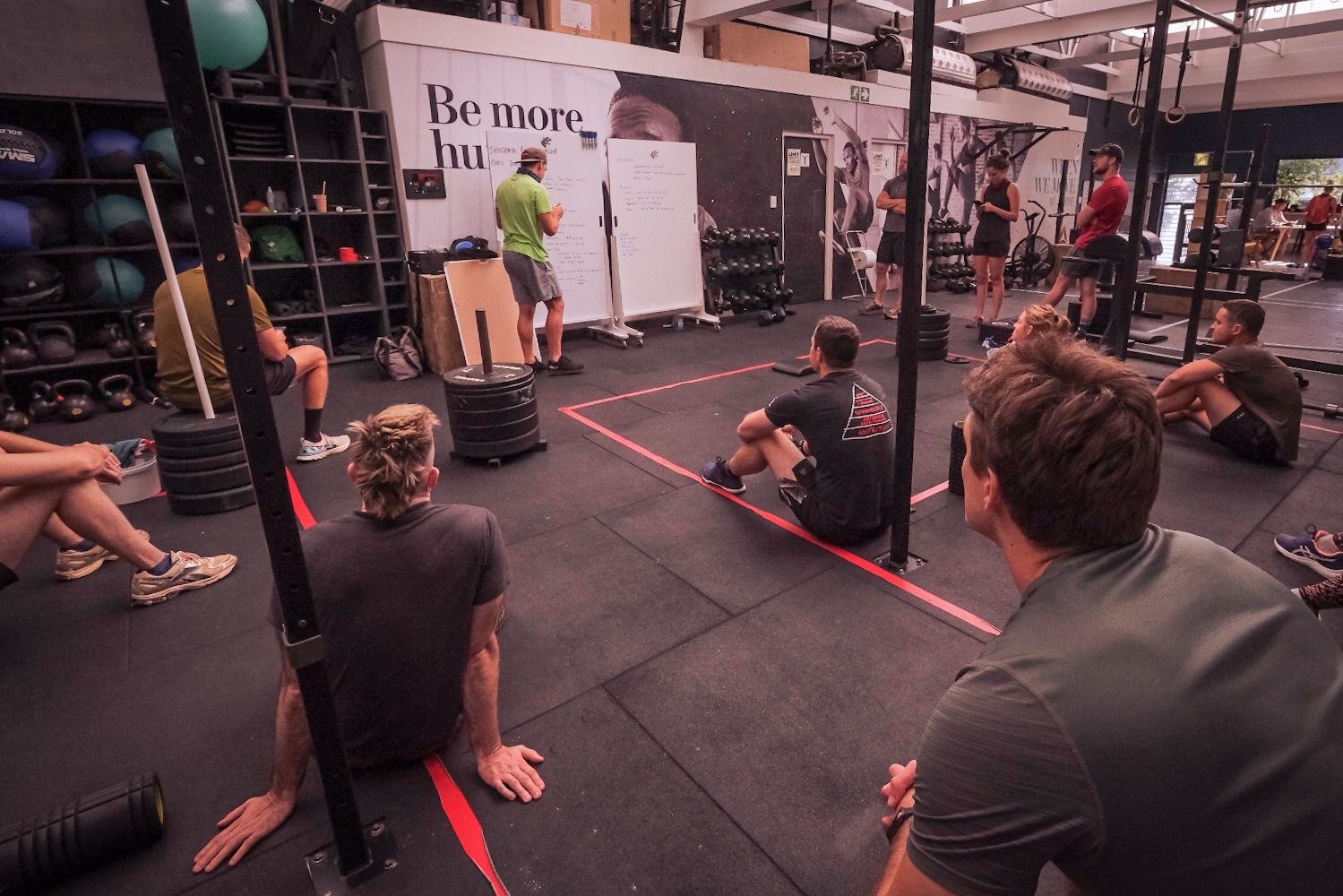
The art of coaching: Phil Jackson and the Chicago Bulls
“If you meet the Buddha in the lane, feed him the ball.” – Phil Jackson
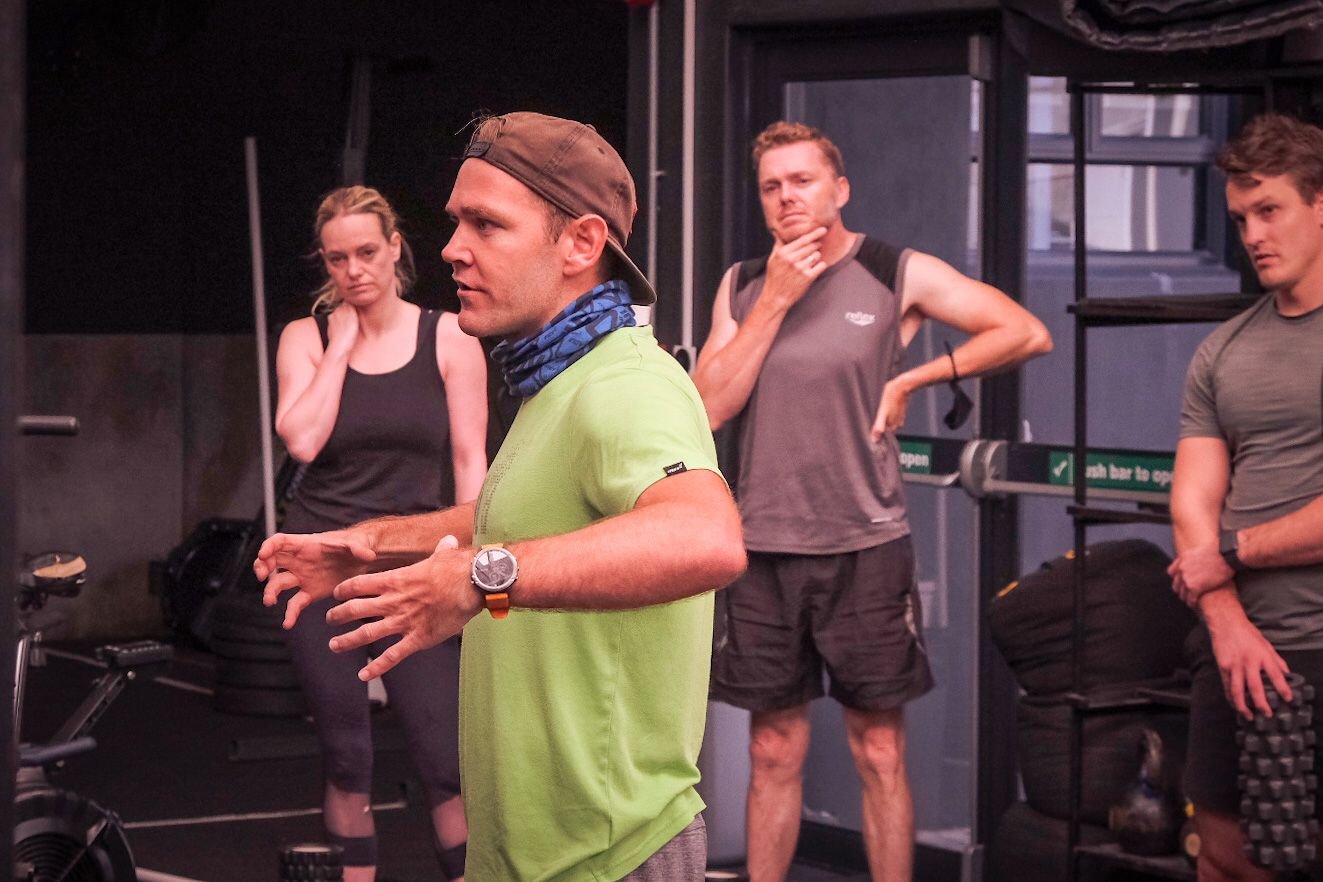
The art of cueing: a review of the First Principles of Movement webinar with Nick Winkelman
“Would you want to work for a micro-manager that didn’t set clear goals? Probably not. However, this is exactly how we are ‘managing’ our athletes’ motor systems every time we cue using overly technical internal cues that are void of a clear external goal to be achieved.”
